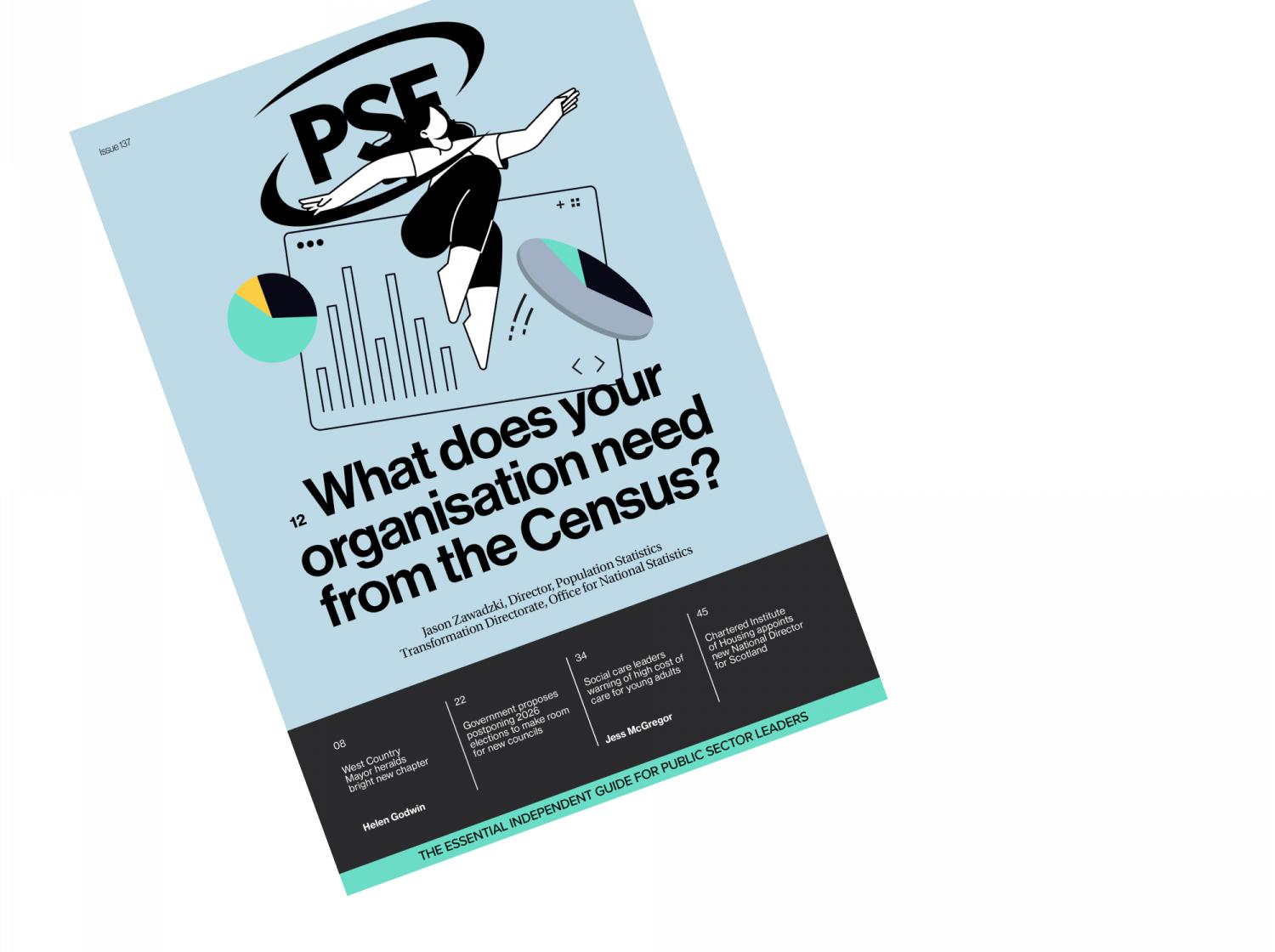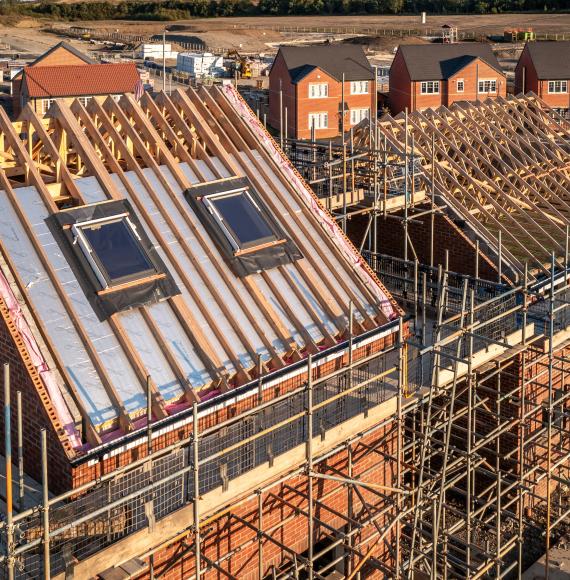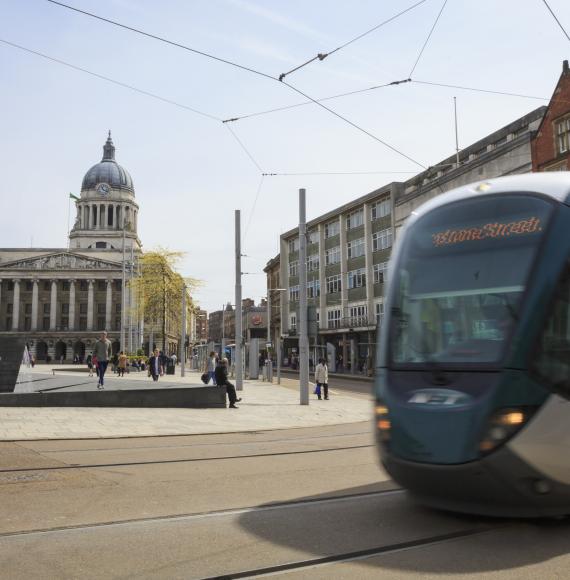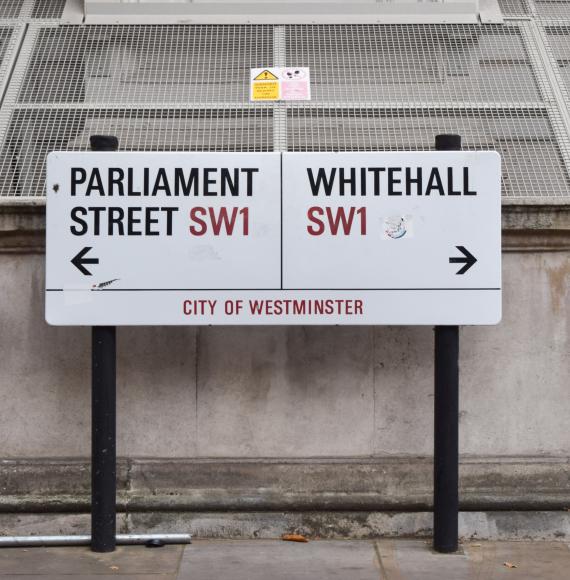The Government is today urging regional leaders to help tackle social mobility problems that persist across a large amount of areas across England.
The response comes after the Institute for Fiscal Studies (IFS) released a report in association with the Social Mobility Commission detailing the disparity between high-mobility areas and low-mobility areas.
The report found that in areas of low-mobility, individuals could earn approximately half of what their contemporaries earn in high-mobility areas – just £10,000 compared to £20,000.
There are 28 areas identified as being areas of concern include: Chiltern, Bradford, Thanet, Bolton, Wolverhampton, Kingston-upon-Hull, Fenland, Mansfield, Walsall, Gateshead, Kirklees, St Helens, Dudley and Wigan.
Steven Cooper, interim co-chair of the commission said:
“These findings are very challenging. They tell a story of deep unfairness, determined by where you grow up. It is not a story of north versus south or urban versus rural; this is a story of local areas side by side with vastly different outcomes for the disadvantaged sons growing up there.”
The report, covering around 320 local councils in England and 800,000 young adults, found that there is a postcode lottery that determines whether young people will be locked into disadvantage, possibly for generations – unless action is taken by local authorities.
The report minimises the impacts that education can have in terms of earnings in lower income areas.
The report states:
“Education, often blamed for social mobility differences, is only part of the answer. In areas with high social mobility, gaps in educational achievement account for almost the entire pay difference between the most and least advantaged sons. On average it accounts for 80% of the difference.
However, in local authorities where social mobility is low it is much harder to escape deprivation. In such areas, up to 33% of the pay gap between the highest and lowest earners is down to non-education factors, like local labour markets and family background.”
The report also highlighted areas where social mobility rates are higher and the pay gap is significantly lower.
These areas include: Forest Heath, West Oxfordshire, South Derbyshire, Cherwell, Kingston upon Thames, South Gloucestershire, Tower Hamlets, North Hertfordshire and Eden.



















